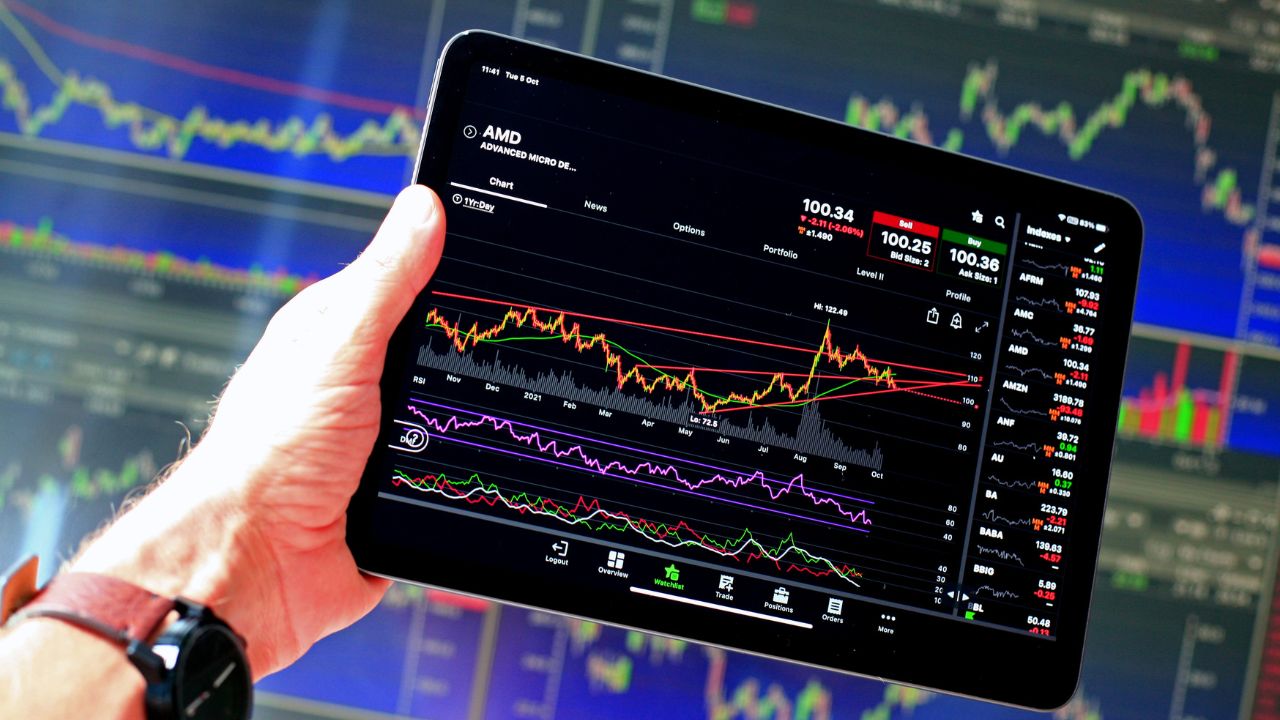The global financial landscape in 2024 has been marked by significant developments and transformative events. From the aftermath of the COVID-19 pandemic to geopolitical shifts, the financial world has experienced profound changes. This article provides an in-depth analysis of the most pertinent financial news and trends shaping the global economy this year.

Economic Growth and Recession Risks
Global Economic Performance
The global economy has shown resilience despite numerous challenges. According to the International Monetary Fund (IMF), global growth is projected to reach 3.5% in 2024. This growth is driven by robust performances in emerging markets and developing economies, particularly in Asia and Africa.
Emerging Markets on the Rise
Countries such as India and Indonesia are experiencing accelerated growth due to increased foreign investment and technological advancements. In contrast, Latin American economies are grappling with inflation and political instability, impacting their growth trajectories.
Recession Fears in Developed Economies
Developed economies, including the United States and the European Union, face potential recession risks. Persistent inflation, rising interest rates, and geopolitical tensions contribute to these concerns.
Inflationary Pressures
Inflation remains a critical issue, with central banks worldwide struggling to balance monetary policies. The Federal Reserve and the European Central Bank have implemented successive interest rate hikes to curb inflation, yet the impact on economic growth remains uncertain.
Stock Market Dynamics
Volatility in Equities
Stock markets have exhibited considerable volatility in 2024. Major indices, including the S&P 500 and the Nikkei 225, have experienced fluctuations driven by investor sentiment and macroeconomic factors.
Tech Sector Resurgence
The technology sector has seen a resurgence, with companies focusing on artificial intelligence (AI) and renewable energy technologies leading the charge. However, regulatory scrutiny and supply chain disruptions continue to pose challenges.
Energy Sector Developments
The energy sector has been particularly dynamic, influenced by shifting energy policies and global demand fluctuations. Oil prices have stabilized around $85 per barrel, influenced by OPEC+ production decisions and geopolitical developments in the Middle East.
Transition to Renewable Energy
There is a significant shift towards renewable energy investments. Governments and corporations are increasingly committing to green energy projects, aiming to reduce carbon footprints and meet climate goals. Solar and wind energy companies are attracting substantial investment, bolstered by technological advancements and favorable policies.
Cryptocurrency and Digital Assets
Regulation and Adoption
Cryptocurrencies and digital assets have continued to garner attention in 2024. Regulatory frameworks are becoming more defined, with countries like the United States and the United Kingdom introducing comprehensive regulations to oversee the sector.
Central Bank Digital Currencies (CBDCs)
Central banks worldwide are exploring or launching their digital currencies. China’s digital yuan and the European Central Bank’s digital euro are leading examples, aiming to modernize payment systems and enhance financial inclusion.
Market Trends
Bitcoin and Ethereum remain dominant, but newer cryptocurrencies focusing on sustainability and privacy are emerging. The market capitalization of digital assets has shown significant growth, reflecting increased institutional adoption and investor interest.
Geopolitical Influences
Trade Relations and Agreements
Trade dynamics in 2024 are heavily influenced by geopolitical factors. The ongoing trade tensions between the United States and China have led to shifts in global supply chains and trade policies.
US-China Trade Tensions
Tariffs and trade barriers continue to impact bilateral trade. Both nations are seeking to diversify their trade partnerships, with the US increasing trade with Southeast Asia and China strengthening ties with Africa and Latin America.
European Union and Brexit
The European Union faces challenges related to Brexit and internal political shifts. The UK’s post-Brexit economic policies are evolving, focusing on establishing new trade agreements and financial regulations.
Technological Advancements in Finance
Fintech Innovations
The financial technology (fintech) sector is driving significant changes in how financial services are delivered. Innovations in blockchain, AI, and big data are transforming banking, payments, and investment management.
AI in Financial Services
AI is being utilized for predictive analytics, fraud detection, and personalized financial planning. Fintech companies are leveraging AI to enhance customer experiences and operational efficiency.
Blockchain and Decentralized Finance (DeFi)
Blockchain technology underpins many fintech innovations, particularly in decentralized finance (DeFi). DeFi platforms offer decentralized banking services, including lending, borrowing, and trading, without traditional intermediaries. This democratization of finance is attracting significant investment and interest.
Sustainable Finance
ESG Investing
Environmental, Social, and Governance (ESG) investing is becoming mainstream. Investors are increasingly considering ESG criteria in their investment decisions, driven by growing awareness of climate change and social responsibility.
Green Bonds and Sustainable Investments
Green bonds and sustainable investment funds are gaining popularity. These financial instruments fund environmentally friendly projects, attracting investors committed to sustainability.
Corporate Responsibility
Corporations are under increasing pressure to demonstrate their commitment to sustainability. Transparency in ESG reporting is becoming essential, with investors and regulators demanding detailed disclosures on environmental and social impacts.
Conclusion
The financial landscape in 2024 is characterized by a confluence of growth opportunities and challenges. From the resilience of emerging markets to the volatility of stock markets and the rise of digital assets, the global economy is navigating through a transformative period. As technological advancements continue to reshape financial services and sustainable finance gains momentum, staying informed and adaptable is crucial for investors, policymakers, and businesses alike. The year ahead promises to be a pivotal one in shaping the future of global finance.